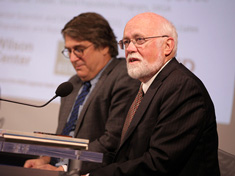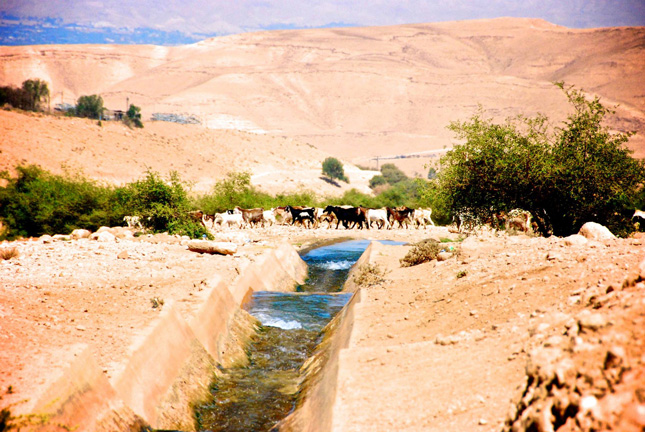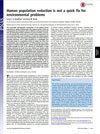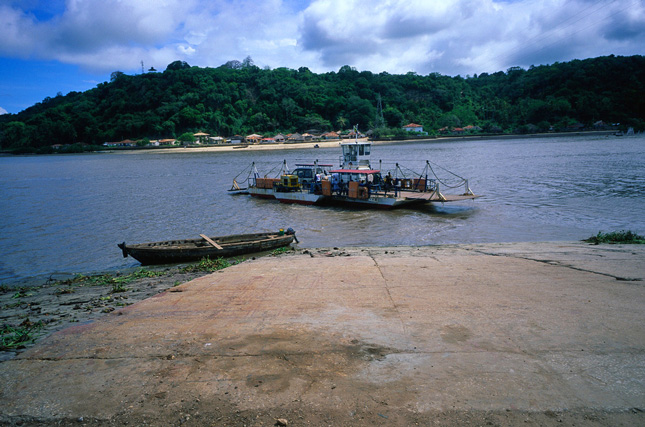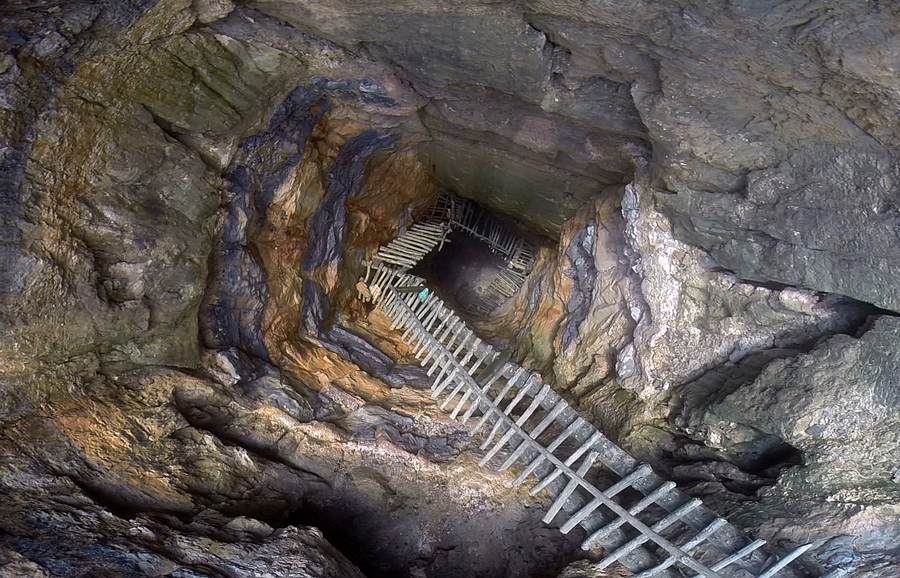-
Safety and Security in the Global Youth Wellbeing Index
›Few would argue with the notion that socioeconomic development is contingent on peace, safety, and security. What goes for nations, goes for people too – especially young people.
-
Feeding Unrest: A Closer Look at the Relationship Between Food Prices and Sociopolitical Conflict
›
From the Roman poet Juvenal’s observations about bread and circuses to Marie Antoinette’s proclamation, “let them eat cake!” the link between food and political stability is well established in pop culture. In academic and policy circles, however, it’s a source of considerable debate.
-
William Butz: Investment in Human Capital, Not Engineering, Central to Climate Resilience
›
“How does climate change affect people by age and sex, and where they live?” asks William Butz, director of coordination and outreach at the Wittgenstein Center for Demography and Global Human Capital, in this week’s podcast. “And how to do they respond? How do they adapt or fail to adapt?”
-
A Sister Cities Coalition Builds Peace Through Water in the Lower Jordan Valley
›
Water is a key ingredient for peace, especially in the Middle East. The Jordan River, which forms the border between Israel, the Palestinian West Bank, and Jordan, is central to the interrelated political and environmental challenges facing the region. Addressing these challenges requires not only high-level diplomacy but also direct, people-to-people engagement, which can form lasting relationships that go beyond water, said experts at the Wilson Center on October 17. [Video Below]
-
New Portal for Himalayan Region Aims to Provide Better Environmental Data
›
“There was drought so we had to share the little water brought a long distance from irrigation canals to the field. This delay in rice planting is resulting in a late harvest,” explains Ratna Darai, 47, a farmer in Daraipadhera, Nepal, during an interview with The Third Pole reporter Ramesh Bhushal. An erratic monsoon means an uncertain harvest in a nation where agricultural production is not on pace with population growth. Water insecurity is a major driver of conflict and uncertainly in the world’s most populous continent.
-
New Research Highlights Environmental Impact of Human Numbers While FP2020 Makes Steady Strides
› Global population growth is so rapid that even the most severe crises imaginable would still leave the planet with more people than it can sustainably support, according to a recent study by the University of Adelaide’s Corey Bradshaw and Barry Brook published in the Proceedings of the National Academy of Sciences.
Global population growth is so rapid that even the most severe crises imaginable would still leave the planet with more people than it can sustainably support, according to a recent study by the University of Adelaide’s Corey Bradshaw and Barry Brook published in the Proceedings of the National Academy of Sciences. -
Can Ecologists and Engineers Work Together to Harness Water For The Future?
›
The Pangani River in Tanzania is important for many reasons: its three major dams provide 17 percent of the country’s electricity; it sustains thousands of farmers and herders living in the basin; and its flow of fresh water supports humans, industry, and ecosystems. But most interesting might be the innovative water policies that govern withdrawals, infrastructure projects, and ecosystems along its banks.
-
Unprecedented Coal Shutdown Tests Authority of India’s New Court
›
JOWAI, India – On April 17, in a ruling that stunned miners, truckers, and owners in this region of black dust and rivers that run the colors of the rainbow, India’s National Green Tribunal ordered the state of Meghalaya’s $650 million coal mining industry to shut down.
Showing posts from category *Blog Columns.


